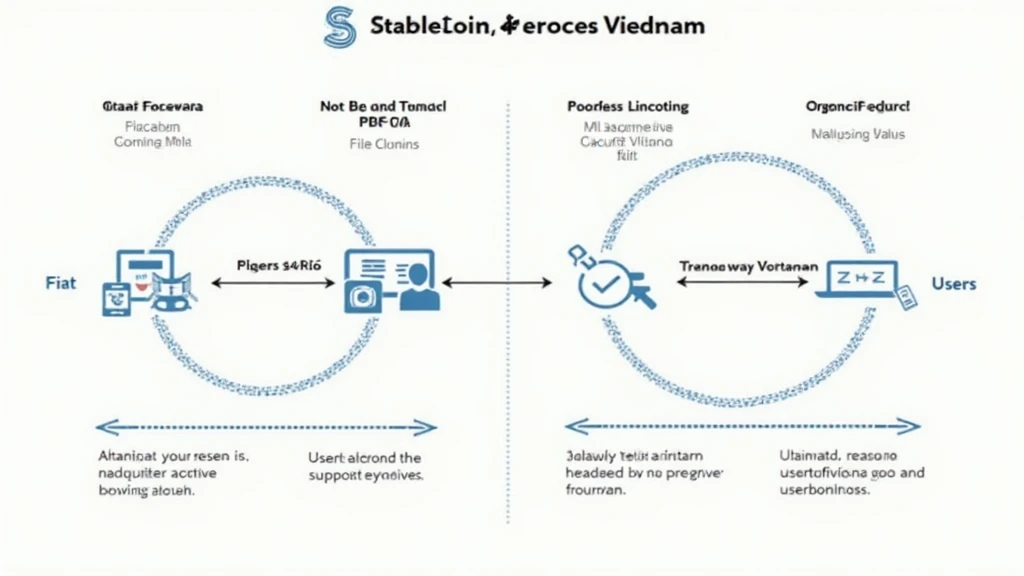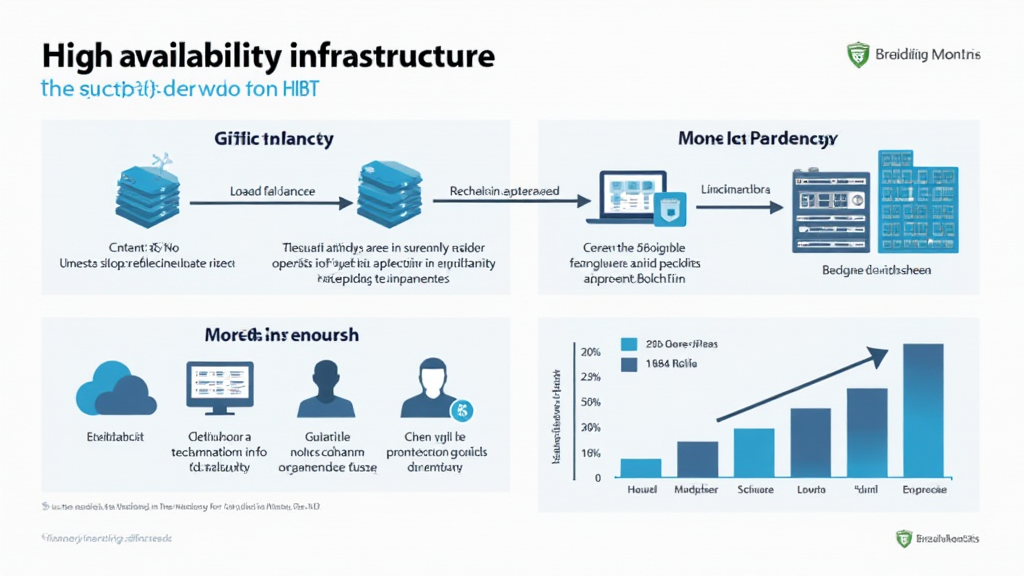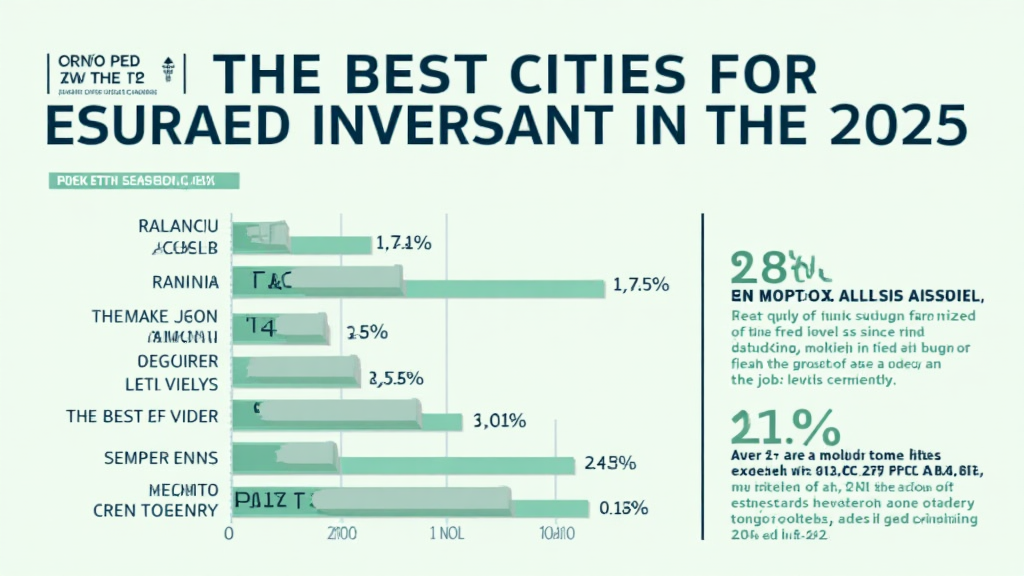Introduction
With recent estimates suggesting that the global supply chain industry could save over $100 billion annually through blockchain technology, Vietnam is well-positioned to tap into this transformative potential. The integration of blockchain in the Vietnamese supply chain sector is not just a trend; it is a strategic move that can reshape logistics and enhance efficiency, security, and transparency.
Understanding Blockchain Technology
Blockchain technology serves as a decentralized ledger that records transactions across multiple computers. This ensures that the recorded transactions cannot be altered retroactively, which greatly enhances security. In the context of supply chains, this means that all parties from manufacturers to end consumers can trust the recorded data without the need for intermediaries.
Key Benefits of Blockchain in Supply Chains
- Transparency: Everyone in the supply chain can view the same information, leading to increased trust among stakeholders.
- Efficient Tracking: Products can be tracked in real-time, reducing delays and discrepancies.
- Reduced Costs: Fewer intermediaries mean lower transaction fees, leading to significant cost savings.
- Immutability: Once recorded, transactions are irreversible, preventing fraud.
Vietnam’s Economic Landscape and Blockchain Adoption
According to a report by the World Bank, Vietnam’s economy is projected to grow by over 6.5% annually, making it one of the most dynamic economies in Asia. With approximately 60% of the population under the age of 35, the country boasts a tech-savvy demographic eager for innovation. This makes Vietnam an ideal candidate for blockchain technology adoption.

Current State of Blockchain in Vietnam
The Vietnamese government has taken significant steps to promote blockchain technology through various initiatives. In 2021, the Ministry of Industry and Trade launched a scheme to develop a digital economy, with blockchain as a core element. Many Vietnamese startups are emerging in the blockchain space, focusing on various applications including supply chain management and finance.
Real-World Applications of Blockchain in Vietnam’s Supply Chain
Several sectors in Vietnam have already begun to leverage blockchain for supply chain management:
Agriculture
The agriculture sector is one of the largest industries in Vietnam, and it stands to benefit significantly from blockchain integration. For instance, traceability can help in ensuring food safety and quality. Startups like Hibt are working on solutions that use blockchain to track agricultural products from farm to table, thereby building consumer trust.
Manufacturing and Exports
Vietnam is a major exporter of textiles and electronics. By implementing blockchain, manufacturers can ensure their products are authentic and comply with international standards. This not only improves reputation but also streamlines operations.
Challenges and Solutions
Despite the promising future for blockchain in the Vietnamese supply chain, several challenges remain:
- Lack of Awareness: Many businesses, especially in traditional industries, are unaware of how blockchain can benefit them.
- Infrastructure Issues: The tech infrastructure in some areas is not conducive to implementing blockchain solutions.
- Regulatory Hurdles: There are still unclear regulations governing blockchain technology.
Proposed Solutions
- Education and Training: Workshops and seminars should be organized to educate businesses on the benefits of blockchain.
- Partnerships: Collaborations between tech companies and traditional industries can facilitate smoother transitions.
- Government Support: Clear regulations and incentives can encourage businesses to adopt blockchain technology.
The Future of Blockchain in Vietnam’s Supply Chain
As Vietnam continues to grow economically, the role of blockchain in its supply chain will become increasingly significant. The government and private sectors must work collaboratively to create an ecosystem that fosters innovation and integration of blockchain technology. The rise of the digital economy means that businesses must evolve, and blockchain provides the tools needed for this evolution.
Conclusion
In summary, the integration of blockchain technology in Vietnam’s supply chain management offers immense potential for improving efficiency, transparency, and trust among stakeholders. The country’s favorable demographic, economic growth, and governmental support create a fertile ground for blockchain innovation. As we move towards 2025, it is crucial for Vietnamese businesses to embrace this technology to secure their competitive edge in the global market.
Understanding and applying blockchain in supply chain logistics can be a game-changer for Vietnam, making it an exciting time to observe any developments in this space.
For more insights into the evolving landscape of crypto and blockchain in Vietnam, explore MyCryptoDictionary for in-depth guides and resources.
Written by Dr. Nguyen Minh Hoang, a blockchain researcher with numerous publications in the field and an expert in logistics technology integration. He has successfully led audits for several prominent blockchain projects.






